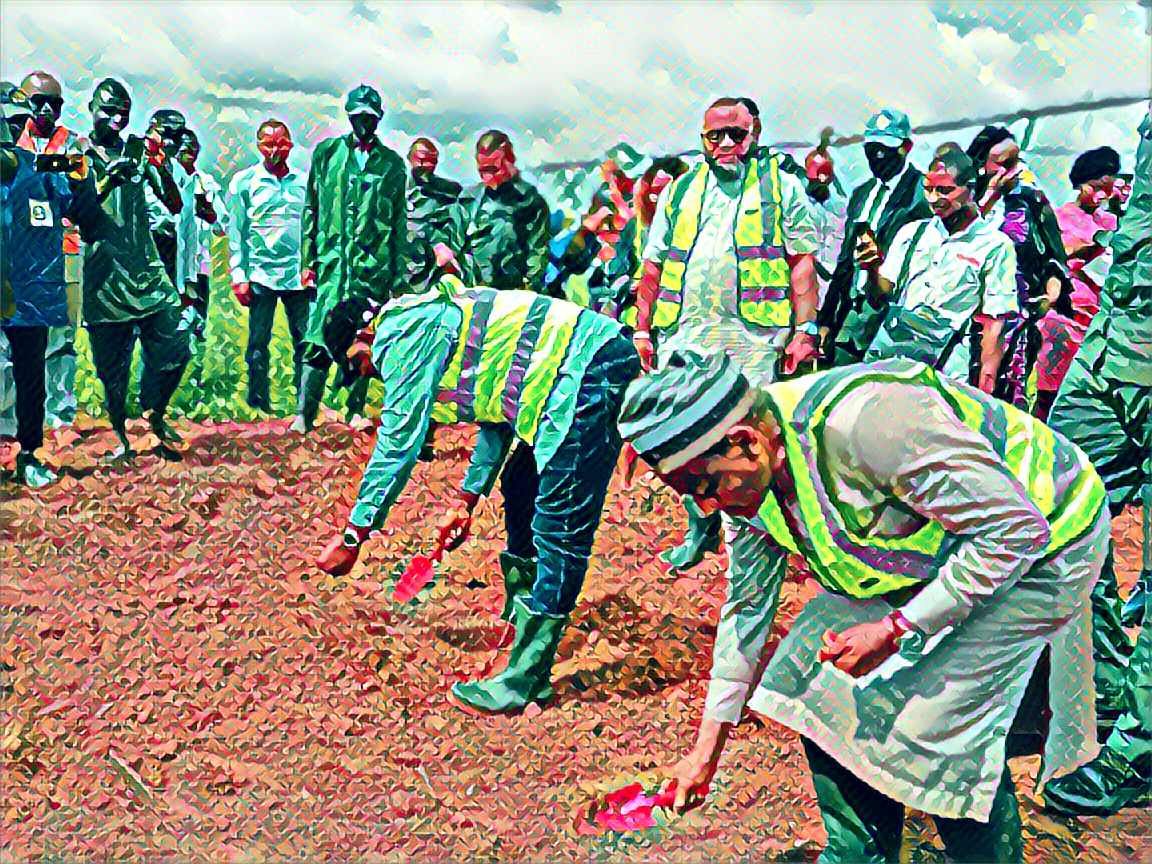Nigeria is set to launch a massive dry season farming programme on Saturday, November 25, 2023, as part of its efforts to address the food shortage in the country. The government announced a 50 per cent reduction in the prices of agricultural inputs, such as seeds, fertilizer, herbicides and pesticides, which will be distributed to farmers through an ICT-driven platform called Agro-Pocket.
The dry season farming programme is expected to cover all 36 states of the federation and the federal capital territory, with a focus on crops such as wheat, rice, maize, sorghum, soybeans and cassava. The programme is supported by a loan facility from the African Development Bank (AfDB) and implemented under the National Agricultural Growth Scheme and Agro-Pocket (NAGS-AP) project.
According to the statement issued by Kingsley Osadolor, the technical adviser on strategy and communications to the Minister of Agriculture and Food Security, the programme is aimed at increasing the volumes of locally produced foods, improving household and national food security, building resilience to external shocks and safeguarding livelihoods.
The programme is also in line with the declaration of a national state of emergency on food security by President Bola Ahmed Tinubu, who has directed the cultivation of 500,000 hectares of irrigable land for dry season farming around the river basins in the country. The Minister of Water Resources and Sanitation, Prof. Joseph Utse, said the ministry is providing the water that is required for the farmers and urged the state governments and communities to collaborate by providing land to the 12 basin authorities nationwide.
The programme will also benefit from the off-take guarantee of wheat farmers by the Flour Millers Association of Nigeria, which will ensure a ready market for their produce. Wheat is one of the strategic crops that the government is promoting to reduce the dependence on imports and save foreign exchange.
The dry season farming programme is expected to boost the productivity and income of smallholder farmers, who constitute about 80 per cent of the agricultural sector in Nigeria. The programme will also create employment opportunities for the youth and women, who will be involved in the value chain of the crops.
The programme is part of the government’s response to the challenges posed by climate change, insecurity, population growth and the COVID-19 pandemic, which have adversely affected the food system in the country. The government hopes that the programme will enhance the food and nutrition security of Nigerians and contribute to the economic recovery and growth plan.
Source: Business Day


